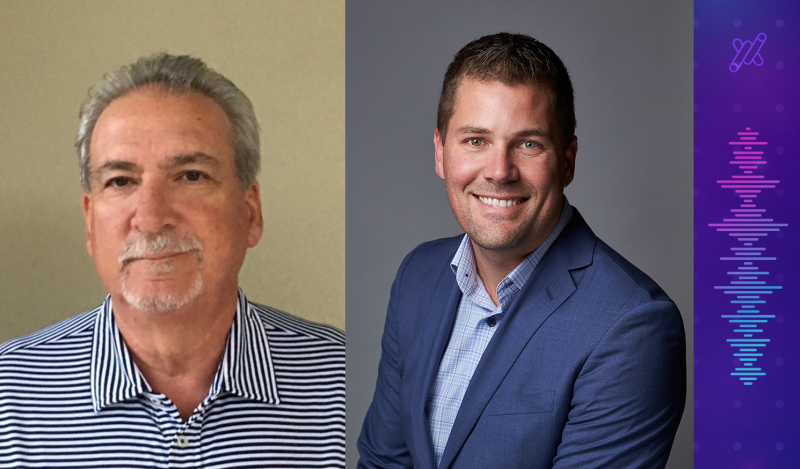Description
Dr. Bill Sutton joins Mike Evenson for episode 5 of the podcast to discuss the current state of the sports business industry. A self-described “prac-ademic,” Bill’s career has been a mix of teaching, consulting and high-profile sports marketing positions.
They discuss the attributes needed to be a great leader remotely, how sports organizations can continue to engage with fans, the concept of a virtual season ticket and a prediction for the 2020 college football season. Bill also talks about how organizations need to increase buyer confidence and to adequately address the number one question being asked: When is it safe to attend sporting events again?
